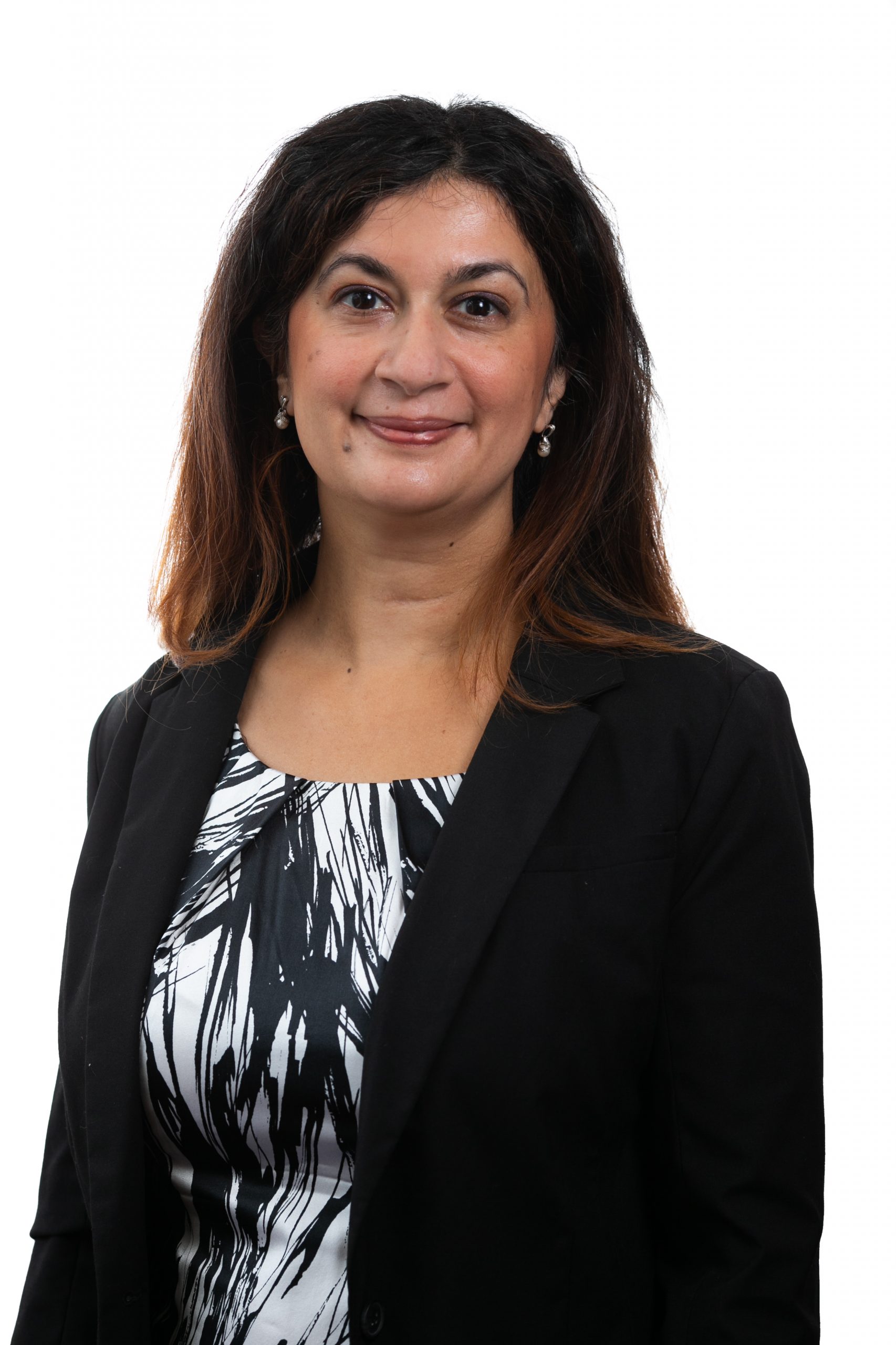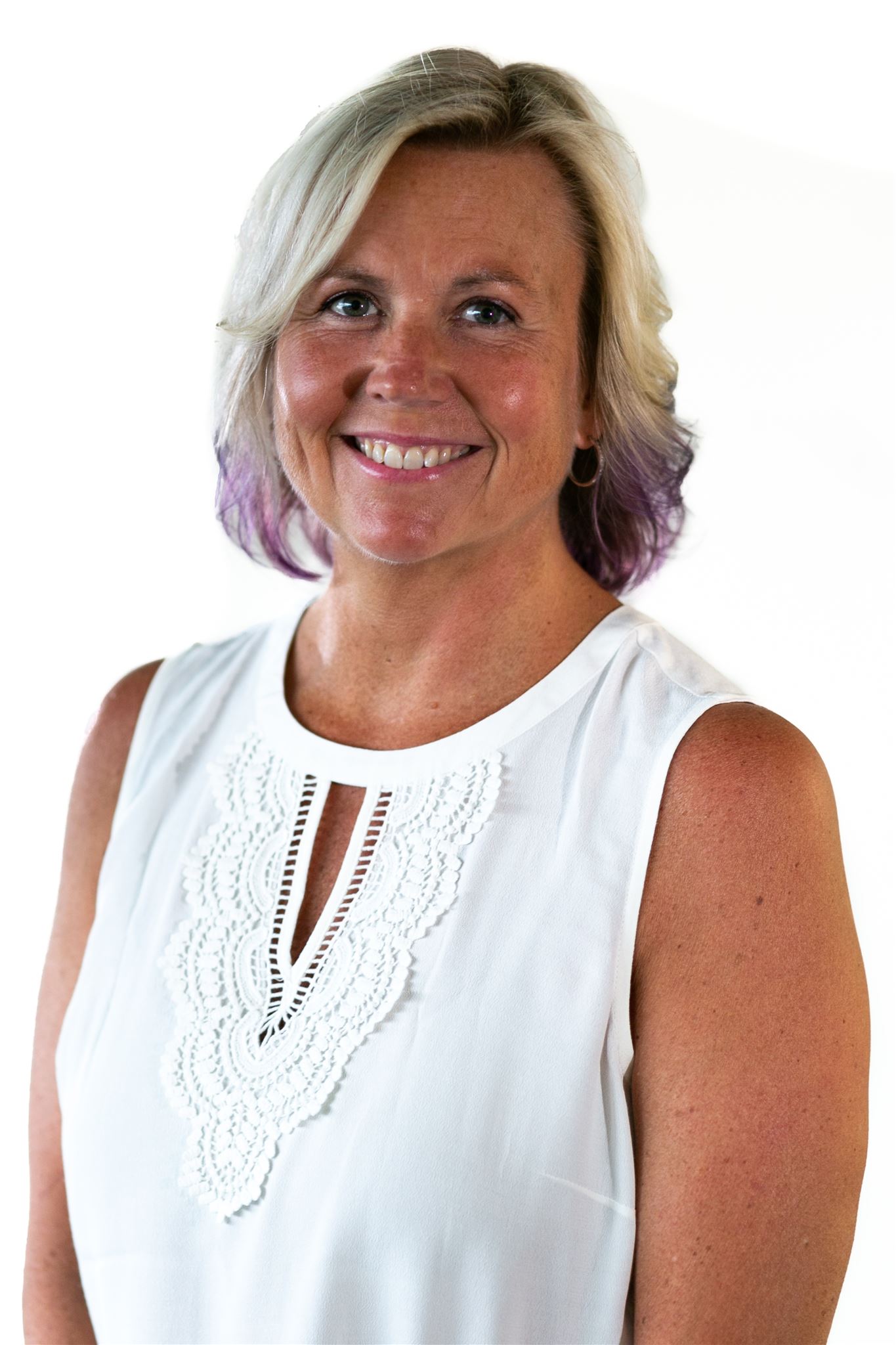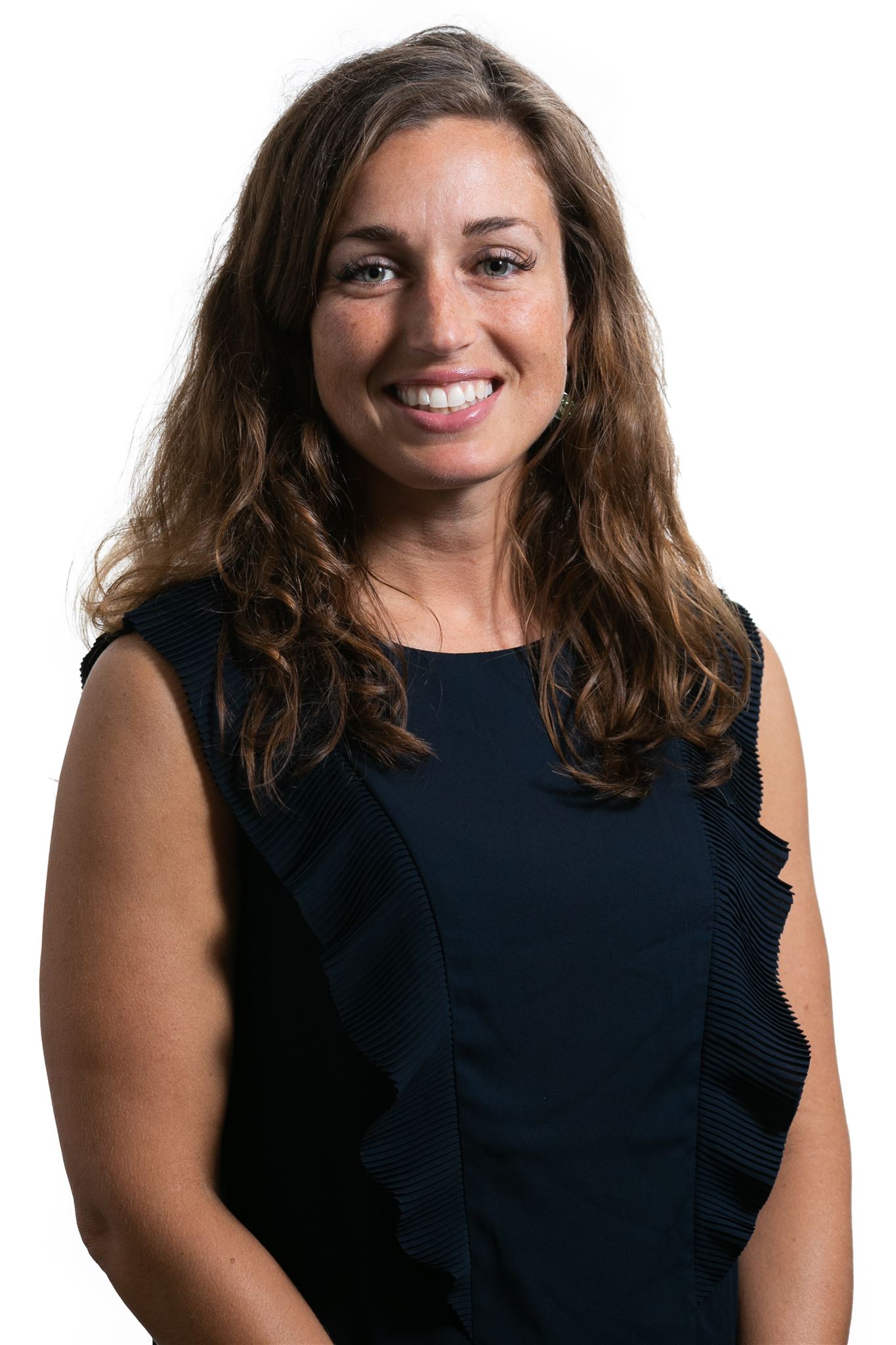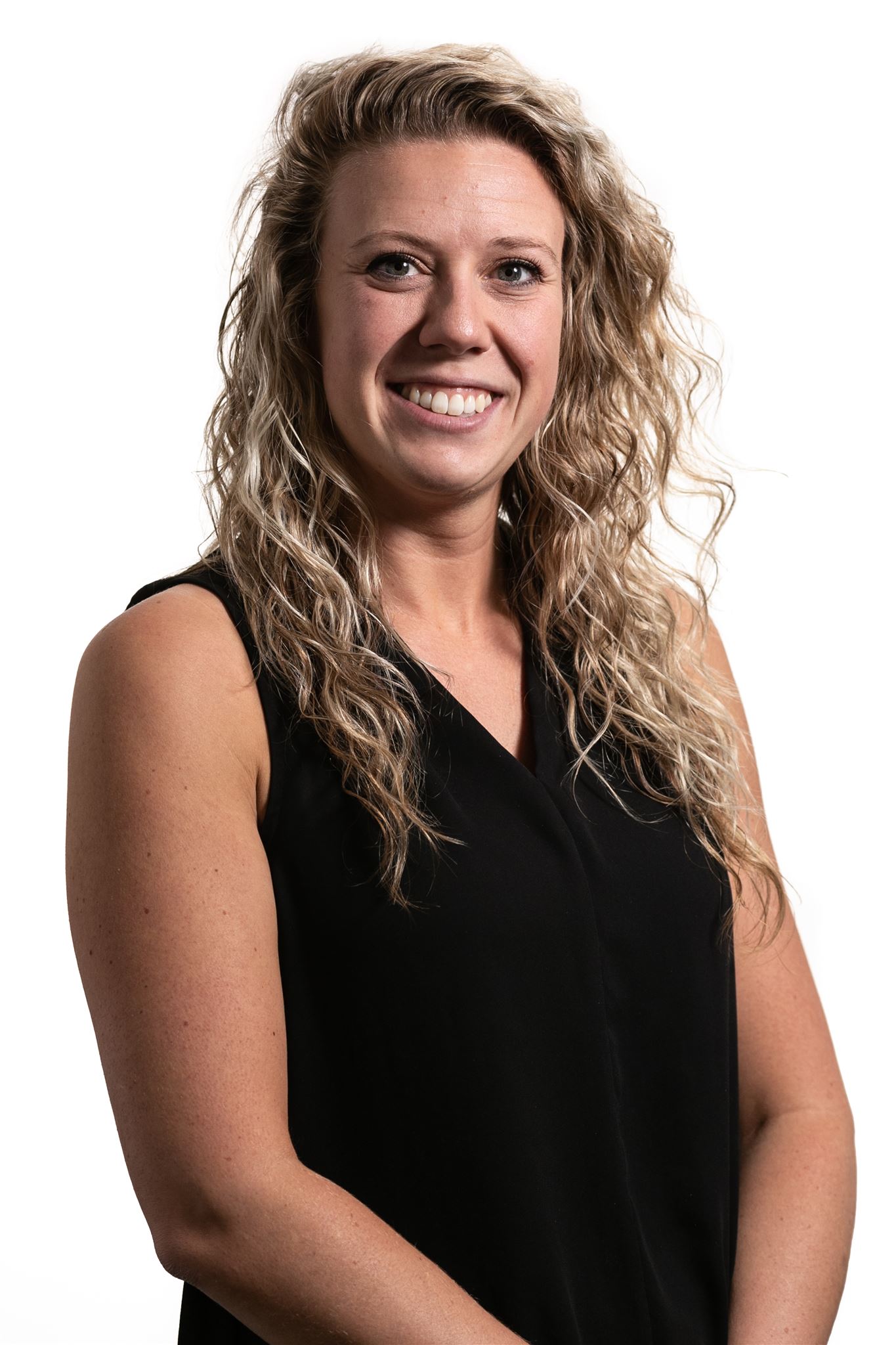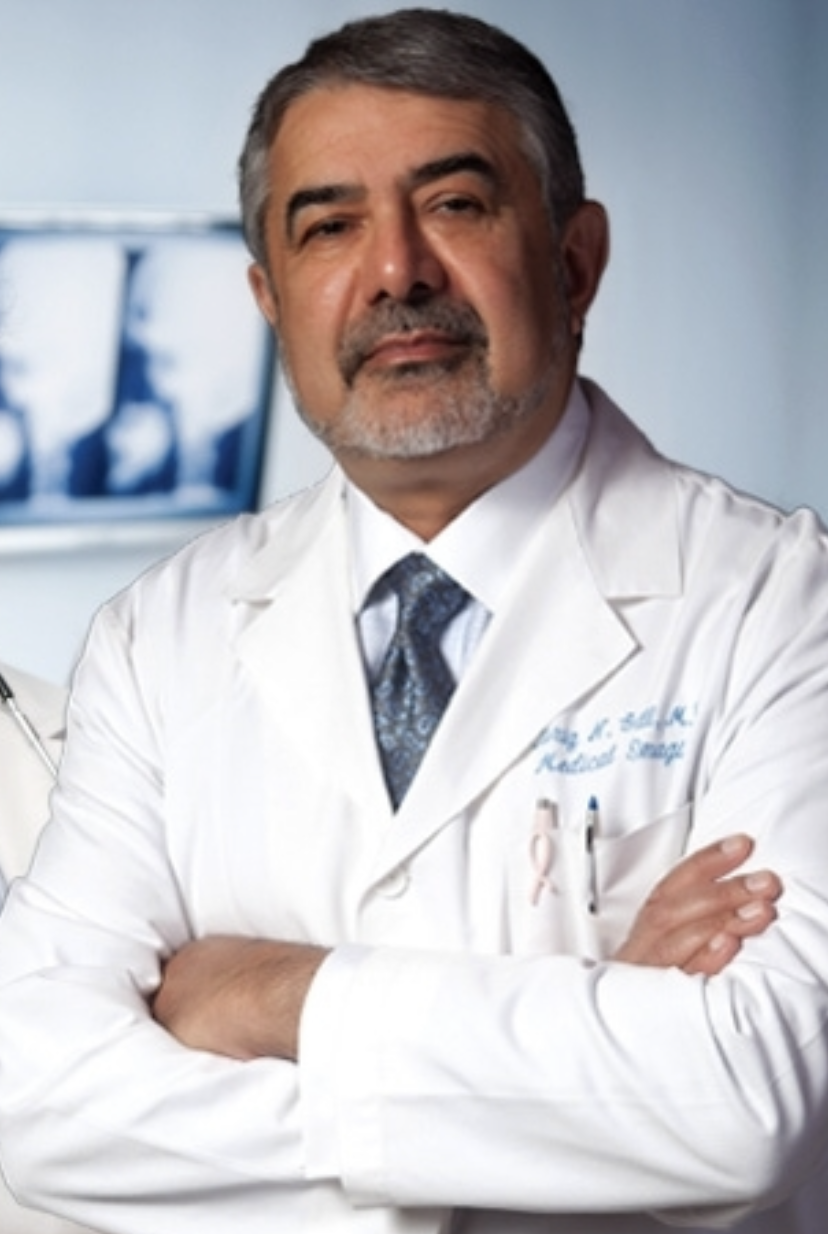MY HEALTH MATTERS
Because You Take Care of Everyone Else…
We Are Here to Take Care of You!
CMH offers a wide variety of women’s health services for all
your healthcare needs at every stage of your life.
YOUR BREAST HEALTH

Columbia Memorial offers full-service breast care including 3D mammography, breast ultrasound, breast MRI and breast biopsy for breast cancer screening and diagnosis.
3D Mammography- The leading-edge imaging technology generates a three-dimensional picture of the breast, giving providers a more complete view of tissue compared to conventional two-dimensional mammogram images. Click here to learn more.
Patient Preparation for Mammography
CMH offers full service mammography care, including digital screening mammograms, breast ultrasound, breast MRI and breast biopsy to screen for and diagnose breast cancer.
- Avoid deodorant, antiperspirant, powder, lotion, creams and perfumes under your arms or on your breasts. Metallic particles in these products can be visible on your mammogram and cause confusion.
- If you have prior mammograms from another facility, please bring them with you to your appointment so the radiologist can compare your images to prior exams.
- Report any breast symptoms or problems, previous breast surgeries, hormone use, and family or personal history of breast cancer to your mammographer at the time of your exam.
COLORECTAL SERVICES
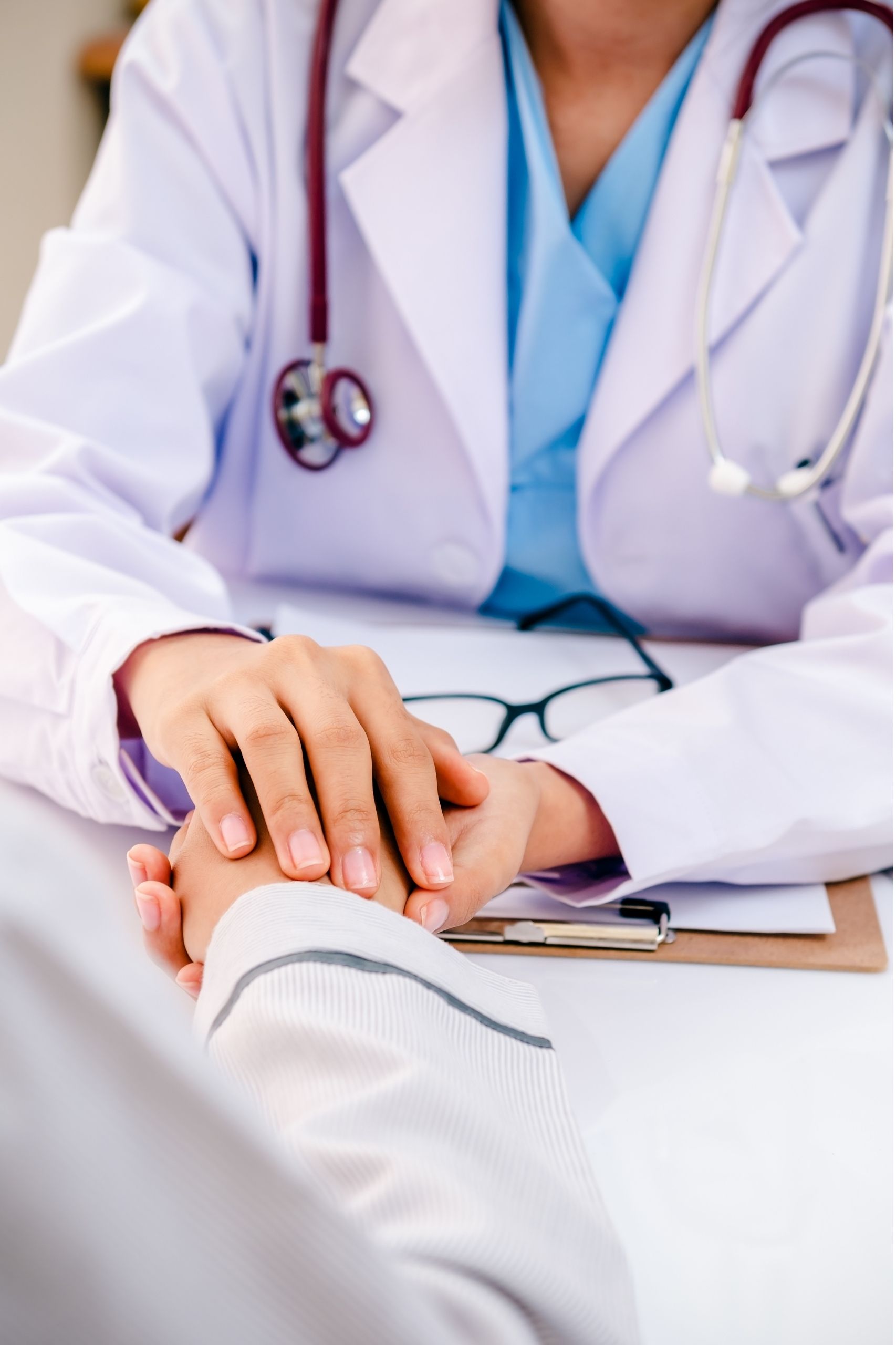
When it comes to your health, how much do you think about your colon? Probably less than you should, considering its vital role in keeping your whole body healthy. As an important organ in your complex digestive system, the colon helps absorb water and minerals and eliminate waste. And just like any other organ, it’s susceptible to wear and tear over time.
Keeping your colon in good condition as you age is a blend of preventative measures like choice of diet, knowledge of your family and personal health history, and beginning regular screenings for issues that could cause colorectal cancer.
Start with a Healthy Diet
According to Dr. Asna Amin, a colorectal surgeon who just joined the team at Columbia Memorial Health, decreasing meat and increasing fluids are two changes you can make to your diet that can be very beneficial long-term.
“I’m not saying never have meat, but over time it can cause chronic inflammation of the colon,” says Amin. She says that keeping your body well hydrated will keep everything flowing and help prevent straining-related issues of the colon like constipation, hemorrhoids, and rectal prolapse.
Know Your Health History
Like other diseases, you’re more likely to be at risk for colorectal cancer or inflammatory bowel conditions if someone else in your family has been diagnosed.
According to Amin, you’re also at a higher risk of colorectal cancer if you’ve been diagnosed with cancer in another part of your body. “It’s partly that your body may have a predisposition for cancer,” says Amin. “But someone recently treated with radiation for one cancer also has a weaker immune system and their body’s ability to fight other cancers is lessened.”
All About Screenings
During a colonoscopy screening, a gastroenterologist or a surgeon like Amin will look at the colon abnormalities like polyps. According to her, some medical societies are beginning to recommend colonoscopies start at age 45 rather than age 50, due in part to increasing rates of cancer.
Amin says that changes in bowel habits, like constipation, bloating then diarrhea, abdominal distention, night sweats, weight loss, or black tarry stools are signs that you should talk to your doctor about doing a screening earlier.
If you have a family history of colorectal cancer, your primary provider may recommend earlier screenings as well. The good news is that unless a screening reveals polyps or other findings, your next one won’t be for another 10 years.
Surgical Solutions
If a colonoscopy does reveal abnormal polyps, Amin says you may need to receive follow up screenings every year (or possibly more infrequently) depending on your findings.
If cancer is present, your doctor will have you go through imaging to discover any spread to other parts of the body, followed by individualized treatment that might include radiation therapy to shrink any tumor or surgery to remove it. According to Amin, significant advances in surgical treatments like minimally invasive laparoscopic procedures have increased recovery time, helping you get you back onto your feet sooner after any necessary surgery.
Columbia Memorial Surgical Associates
71 Prospect Ave.
Medical Office Building, Suite 190
Hudson NY 12534
Ph. 518.697.3000
Fax 518.697.3015
M-F 9am-4pm
YOUR HEART HEALTH
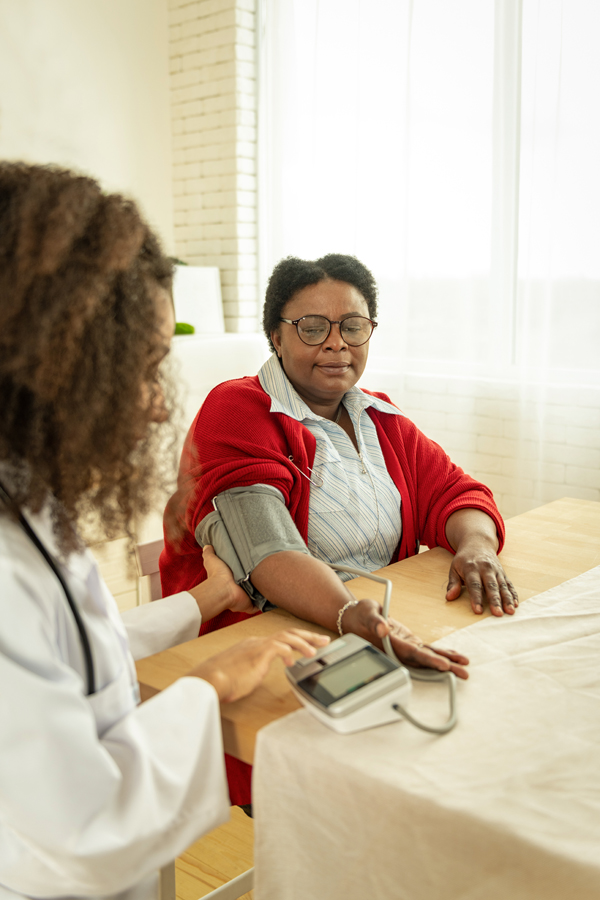
Did you know that heart disease is the leading cause of death in women in the United States? Early detection of a heart condition is vital to prevent complications in the future.
Causes of a heart attack in women
Heart attacks occur when the flow of blood to the heart is blocked by a buildup of plaque in coronary arteries. Most common causes of heart attack in are heavy smoking, people with stressful lifestyles, or individuals that are overweight. Women are more likely to experience the other common symptoms such as shortness of breath, nausea/vomiting and back or jaw pain.
Symptoms of a heart attack:
- Pressure, squeezing or pain in the center of your chest that lasts more than a few minutes, or goes away and comes back.
- Pain or discomfort in one or both arms, the back, neck, jaw or stomach.
- Shortness of breath, with or without chest discomfort.
- Cold sweats, nausea or lightheadedness.
Causes of a stroke in women
Women who have strokes often have common symptoms such as face drooping, difficulty speaking, arm weakness, problems seeing out of one or both eyes and balance/coordination problems. These symptoms could be subtle enough to be misses and can lead to delays in getting time sensitive, lifesaving treatments.
Symptoms of stroke in Women
- Numbness or weakness in face, arm or leg
- Trouble speaking or understanding speech
- Vision problems
- Trouble walking or a lack of coordination
- Severe headache without a known cause
Additional Symptoms in Women
- General weakness
- Disorientation and confusion or memory problems
- Fatigue
- Nausea or vomiting
Prevention of Heart Attack and Stroke
- Stop smoking
- Engage in physical activity
- Use diet therapy
- Maintain/reduce weight
- Control blood pressure
- Undergo cholesterol control/statin therapy
- Control blood sugar
- Limit alcohol intake
TWO LOCATIONS
Twin County Cardiology (Catskill)
159 Jefferson Heights
“Greene Medical Arts Building
Suite C-201”
Catskill NY 12414
Ph. 518.828.2565
T/W/Th 8:30am-5pm
Twin County Cardiology (Hudson)
71 Prospect Ave.
Medical Office Building
Suite 210
Hudson NY 12534
Ph. 518.828.2565
Fax 518.828.4055
M-F 8:30am-5pm
OB/GYN SERVICES

Gynecology: Gynecologists specialize in prevention, diagnosis and treatment of female reproductive system conditions and diseases. Our gynecologists provide you with comprehensive care, including:
- Annual pelvic exams
- Breast exams
- Endometrial Ablation
- Excision of Endometriosis
- Laparoscopic Hysterectomy
- Management of menopause symptoms
- Minimally invasive surgery to treat uterine fibroid, endometriosis and polycystic ovarian syndrome
- Myomectomy
- Operative Hysteroscopy
- Routine Gynecological Care
- Urinary incontinence treatment
Maternity: We’re excited that you have chosen Columbia Memorial Health and Albany Med to be part of this wonderful experience. We believe that every woman should have a joyful and healthy pregnancy, and our Maternity Services at CMH, midwives and perinatologist specialists are committed to providing exceptional care to you and your baby. A new partnership between Columbia Memorial Health and Albany Med now provides a comprehensive maternity program offering you the best of both worlds: advanced pre- and post-natal care close to home (including childbirth classes and breastfeeding consultation), and a birthing experience at Albany Medical Center’s state-of-the-art Birth Place. Click here to learn more.
Adolescent: During this time of major physical and emotional changes in her life, young women need support and guidance, as well as excellent medical care. We are happy to help transition from pediatric to adult care, which usually takes place between ages 18 and 21, depending on a young woman’s needs. We’re here to help you. We can also provide information about menstruation and sexuality, protection against human papillomavirus (HPV), the first gynecological visit and maintaining strong bones.
TWO LOCATIONS
Women’s Health Center (Catskill)
159 Jefferson Heights
“Greene Medical Arts
Suite D-203”
Catskill NY 12414
Ph. 518.719.3500
Fax 518.828.6399
Women’s Health Center (Hudson)
71 Prospect Ave
Medical Office Building Suite L40
Hudson NY 12534
(518) 828-1400
Fax 518.828.4055
M-F 8:30am-5pm
ORTHOPAEDICS
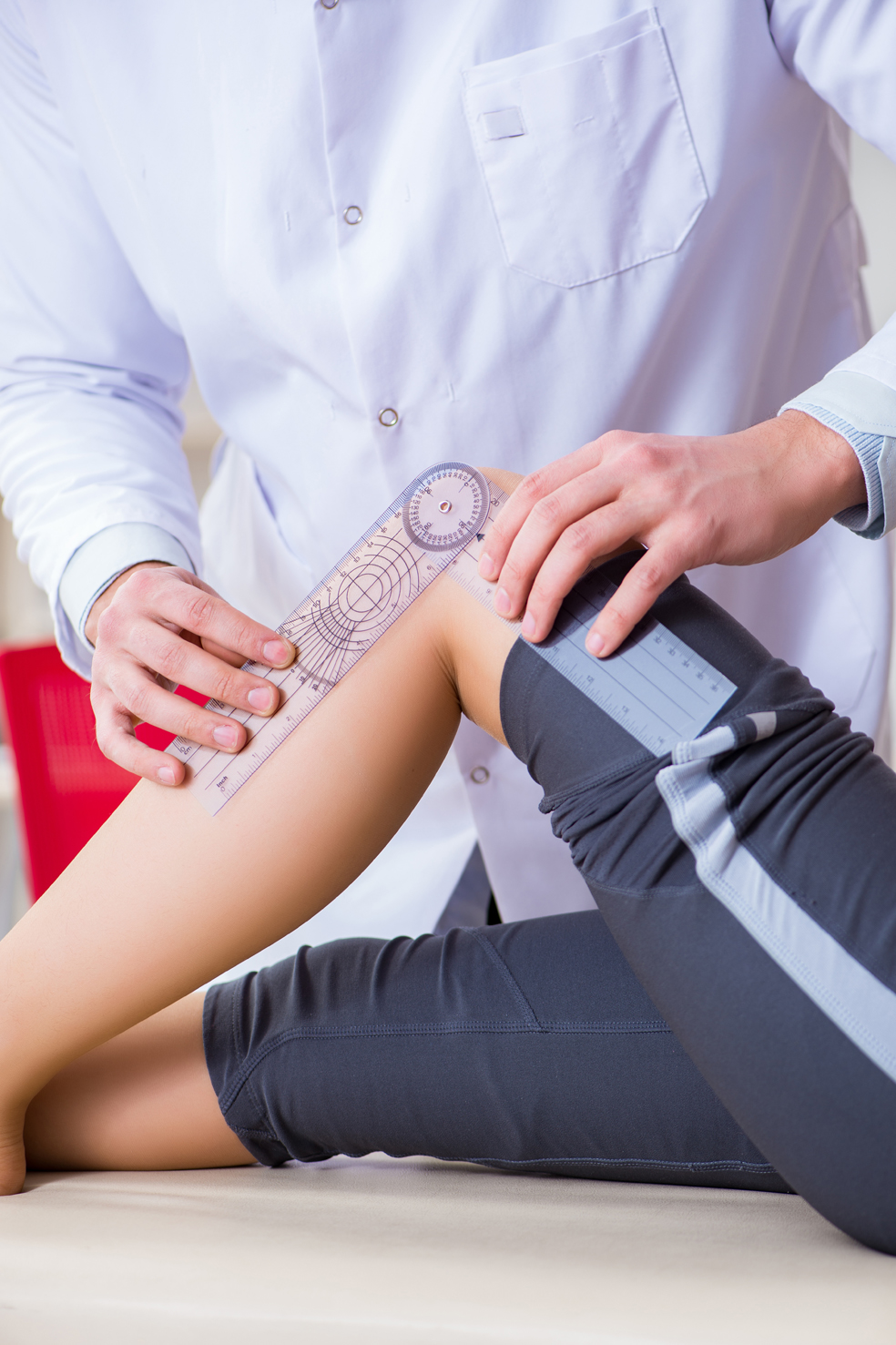
Many women suffer unnecessarily with symptoms from Carpal Tunnel Syndrome, Arthritis and trigger finger. The CMH Orthopaedic team can alleviate your pain and get you back to enjoying your life without limitations. If you suffer from any of these conditions, schedule an appointment by clicking the link on the bottom of the page.
Symptoms of Carpal Tunnel Syndrome:
- Tingling or numbness: You may notice tingling and numbness in your fingers or hand. Usually the thumb and index, middle or ring fingers are affected, but not your little finger. You might feel a sensation like an electric shock in these fingers. Many people “shake out” their hands to try to relieve their symptoms. The numb feeling may become constant over time.
- Pain: Discomfort may go up the arm to the elbow from the hand & wrist. These symptoms often occur while holding a steering wheel, phone or newspaper. Some people have such severe pain that they will be woken up from a sound sleep.
- Weakness: You may experience weakness in your hand and drop objects. This may be due to the numbness in your hand or weakness of the thumb’s pinching muscles.
Symptoms of Arthritis:
- Stiffness and swelling: The hand and fingers may take a while to “warm up” in the morning.
- Pain: Arthritis at the base of the thumb may make it difficult to open jars, grasp plates or open Ziploc bags or packages.
- Deformity: Joints often become enlarged and the hand may become deformed or develop odd lumps over time.
The two main types of arthritis — osteoarthritis and rheumatoid arthritis — damage joints in different ways.
- Osteoarthritis
The most common type of arthritis, osteoarthritis involves wear-and-tear damage to your joint’s cartilage. Cartilage cushions the ends of the bones and allows smooth joint motion, but enough damage can result in bone grinding directly on bone, which causes pain and restricted movement. Sometimes only one joint is involved and other times many joints are involved.
- Rheumatoid arthritis
Rheumatoid arthritis is a disease rather than wear and tear on the body’s immune system that attacks the lining of the joint capsule. This lining (synovial membrane) becomes inflamed and swollen. The disease process can eventually destroy cartilage and bone within the joint, and usually many joints are involved.
Symptoms of Trigger Finger
- Locking: You may feel a painful or painless clicking or snapping when you bend or straighten your finger. Sometimes the finger may get stuck or locked in a bent position.
- Stiffness: Most common in the morning
- Pain: Soreness or a bump at the base of the finger or thumb
Symptoms often start mild and get worse over time or with activities.
TWO LOCATIONS
Columbia Memorial Bone and Joint Center (Catskill)
159 Jefferson Heights – Greene Medical Arts
Suite D-108
Catskill, NY 12414
p. 518.943.1048
f. 518.828.1236
Columbia Memorial Bone and Joint Center (Hudson)
23 Fish and Game Road
Hudson, NY 12534
p. 518.828.7644
f. 518.828.1236
OSTEOPOROSIS
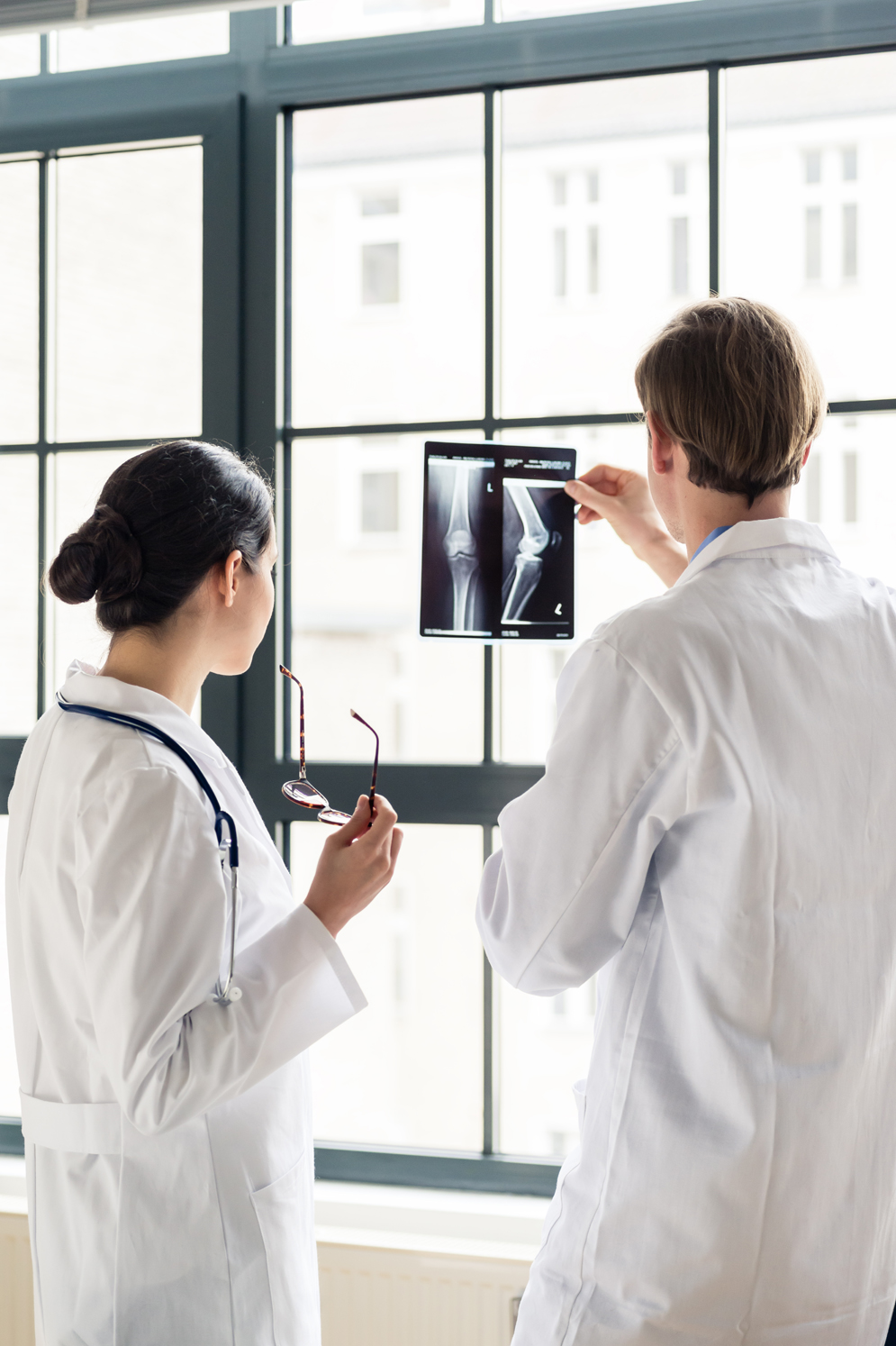
Osteoporosis is a disease of the bones that causes bones to become weak and break easily. In the United States, of the estimated 10 million Americans with osteoporosis, more than 8 million are women 65 and older, but prevention starts when you are younger. No matter your age, you can take steps to build bone mass and prevent bone loss.
Reasons why women are most likely to get osteoporosis:
- Women usually have smaller, thinner, less dense bones than men.
- Women also lose more bone mass after menopause with low levels of the estrogen.
Symptoms of Osteoporosis:
You may not have any symptoms of osteoporosis until you break (fracture) a bone. A fracture can happen in any bone of the body. But fractures are most common in the hip, wrist, and spine.
Osteoporosis in the vertebrae can cause serious problems for women. A fracture in this area can happen during day-to-day activities like climbing stairs, lifting objects, or bending forward when you have osteoporosis.
Diagnosis of Osteoporosis:
Bone densitometry exam is used for early detection of osteoporosis by measuring minerals within your bones. “Since bones thin as you age, the threat of fractures becomes especially dangerous,” says Dr. Tariq Gill, chief of radiology at Columbia Memorial Health.
By interpreting the results of a bone densitometry scan against other women in the same age group, a doctor can proactively treat bone health before any accident or fall should occur. “The bone densitometry screening is not to make a diagnosis of thin bones, but to monitor your bone health to prevent catastrophic complications later on,” says Gill.
CMH’s bone densitometry scan can be completed in a quick 10 minutes. Patients don’t even have to change out of their clothes. They simply lay on a flat bed while the equipment moves over top of them. The data gathered by the software then creates a report that is interpreted by the radiologist, who will provide the assessment.
Before recommending a preventative bone densitometry scan, your doctor should complete a risk assessment for osteoporosis. Menopause is of course a primary contributor to thinning bones, but according to Gill, people who are diabetic, have kidney or lung issues, or regularly take medications like steroids or anti-epileptics can have a predisposition to osteoporosis.
Columbia Memorial Health’s medical imaging services are available to patients in Columbia and Greene counties at three locations—the hospital in Hudson, Catskill-based Greene Medical Imaging, and Valatie Medical Imaging. Patients can call (518) 828-8224 to make an imaging appointment at any of the three locations.
Columbia Memorial Surgical Associates
71 Prospect Ave.
Medical Office Building, Suite 190
Hudson NY 12534
Ph. 518.697.3263
Email. rmakoske@cmh-net.org
UROGYNECOLOGY

Pelvic Health and Continence
Our team of continence and pelvic health specialists understand how frustrating and embarrassing bladder conditions and pelvic support problems can be. They have expertise in identifying these conditions and coming up with treatment options to correct the problem and improve your quality of life. Click here to learn more.
Our specialists treat conditions such as:
- Bladder leakage
- Urinary retention and incomplete bladder emptying
- Vaginal, bladder, uterine prolapse
- Recurrent bladder infections
- Urinary frequency and urgency
- Pelvic Pain
- Endometriosis
- Abnormal uterine bleeding
- Uterine Fibroids
- All routine gynecological care
Dr. Edward Marici, and Jennifer Gsell, NP-BC, are offering a full suite of services in the new space ranging from routine gynecologic care, minimally invasive surgery, to a comprehensive array of services.
These services are all offered in a new stress free and relaxed environment.
Women’s Specialty Services
Urogynecology
71 Prospect Ave.
Medical Office Building
Suite 240
Hudson NY 12534
Ph. 518.697.5467
Fax 518.822.2195


